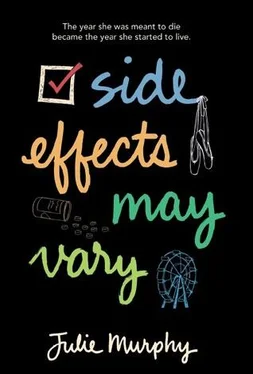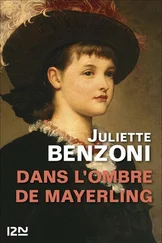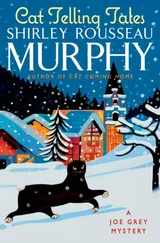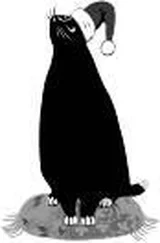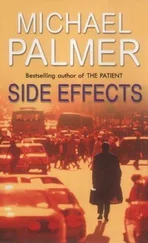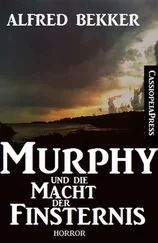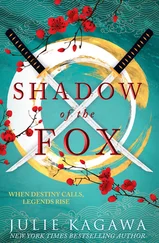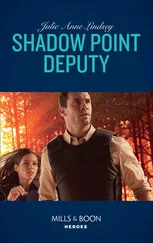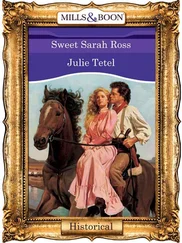A couple nights ago we’d watched Jaws , and afterward Alice said movies about the ocean were “lame,” but I promised The Life Aquatic would be different. Even if she would never say it, she had always been scared of the ocean or any other un-chlorinated body of water. It was the one thing I ever knew Alice to be scared of, and not even she realized that I knew.
“Restock aisle six for me?” I didn’t wait for him to agree. “I owe you!” He waved me on and said something under his breath.
I slid my time card into the clock and punched out. Only an hour and a half today. Shit. These short after-school shifts were killing me. Normally, I worked five to six hours, four days a week after school. Lately I had been leaving early and sometimes not even coming in at all.
Grocery Emporium was the last family-owned grocery store in Hughley. They had a strong local following, but in order to keep the big supergrocery stores at bay there were some modern conveniences we went without—like a new time clock. And vending machines, digital produce scales, working barcode scanners . . . You know, all the things necessary to actually run a modern grocery store. I couldn’t complain. They worked with my fucked-up schedule, and given all that was going on with Alice they’d been cutting me a lot of slack lately.
Alice. She would miss me. She said she would. And now it was all I could think about. And she loved me. At least, I thought she did. She didn’t really say so. The whole thing gave me these bursts of stupid happy, which were always followed by guilt because it didn’t feel right to be happy.
I was thirteen years old when it changed.
Alice’s birthday was in eleven days, making it the middle of January.
I remembered playing some Chopin for the intermediate class at my mom’s dance studio. All Mom’s studio rooms had these old beat-up stereos, but the main studio where the intermediate class usually met had a piano. We’d bought it off one of my piano teacher’s friends a long time ago. Mom had always hated dancing or instructing to anything but a live accompaniment. So, a piano-playing son had been no accident.
I never knew who my dad was, but I always thought he must have been a piano player since pianos were the only thing my mom loved more than ballet.
Warm-ups had wrapped, and each student took turns with a forty-five-second solo in preparation for spring auditions. My mother was handing out a ballet solo, which Celeste and Alice were the top contenders for. The tension between them had always been a continuous competitive cycle that only escalated with age.
Celeste stood with her arms spread and a smug expression on her face, waiting for some kind of praise. Ever since we were kids, she would show up to dance with her portfolio of sheet music and monologues tucked beneath her arm, ready for voice and acting class too. For Celeste, dance was one piece of the puzzle. She wanted to be famous and I don’t even know that she cared what for.
My mother, Miss Natalie to her pupils, clapped to the beat and said, “To appear effortless requires much effort! Alice, next!” There was no way to tell if that was meant as a compliment or a criticism of Celeste’s form. Knowing my mother, silence would have been more positive feedback.
Like Celeste, Alice wasn’t en pointe that night. Being the youngest in the class, the two of them didn’t always practice with their stiff-toed ballet shoes for the sake of preserving their still-growing feet. I always preferred to watch Alice when she wasn’t en pointe anyways.
On a typical day, she wore her hair slicked back into a bun, an impeccable ballet bun. But Fridays had become my favorite day of the week, because it was the only school day Alice didn’t have dance classes, which meant she wore her hair down. With our last names so close in the alphabet—hers, Richardson, and mine, Poppovicci—we always sat near each other in class. When Alice’s light brown, wavy hair hung loose, it hit the middle of her back, the place where her leotard usually met her ivory skin. She almost never wore it down, but when she did, it was the single thing about her that ever looked out of control. It would swish between her shoulder blades, calling to me. And I would have followed her too, anywhere. On Fridays, during class, she would constantly massage her scalp, and more than once I had to stop myself from running my fingers through her hair.
She was tall and slender, with just a whisper of curves. We were the same height, and I hoped I’d be able to keep up. Her nose was small and sloped a little too far out, squaring off at the tip. Her pale blue eyes, they always swallowed me whole. They’d always been my road map. Alice’s lips were full and pouty and she rarely smiled, but when she did it was worth all the eye rolls, bossy demands, and sharp words combined. It was worth it because her smile was genuine, and if you made Alice smile, then you’d earned it. Everything with Alice was earned. But her scowls were more easily earned than anything else. I’d learned the language of each of her expressions.
Still, I thought she was perfect in every way, but en pointe her perfection was a blinding sun. If I stared at her long enough, the piano keys would play themselves, fueled by her. En pointe she was a force, a tornado: safe to look at from a distance, but in close proximity, you risked being just another piece of her debris. Some days I thought I could only be so lucky.
Her toes bent at the balls of her feet as she rose nearer to the ceiling. She wore lyrical dance shoes in black. They reminded me of gladiator shoes. Thin leather straps wrapped around her feet. Her unpolished toes were red and bulbous; her feet calloused. Most people would say they were ugly, even disgusting. But she wore them proudly, like a badge, a display of her hard work. Without her stiff satin pointe shoes with their stubby toes, she was closer to earth. Closer to me, a little more in reach.
She was in a class of fourteen other students, all by herself.
I’d known her my whole life. Other girls didn’t exist for me in the same way she did. They had been there all along, these feelings; the only thing that had changed was my understanding of them. My whole body finally connected the dots, and I realized that even if we were never together, she’d ruined me and I’d never feel that way about anyone again.
On that cold night in January it all slipped into place for me and she became my everything and my everyone. My music, my sun, my words, my hope, my logic, my confusion, my flaw.
I was thirteen years old, and she was all these things to me.
And I was her friend.
Mom and Dad cried freely now, and rightly so. I wasn’t dying.
I wasn’t dying. Not actively, anyway.
“You’re sure?” I asked in a quiet voice.
Somehow Dr. Meredith heard me over my parents’ celebratory tears. His glasses had slid down to the tip of his nose. He flipped through the stacks of papers in my thick file. “I’m positive, Alice. Your white blood cells are regulating, and in your most recent bone marrow sample, there was no trace of cancerous cells. I had the lab techs double-check and triple-check. Remission is constituted by shrinking or lack of growth, so there you are. Of course you’ll still be going in for scans and blood work on a weekly basis. We’ll be keeping a very close eye on you. It can always come back stronger, so it’s always best to be aware and prepared.” He closed the file sitting in front of him—my file.
My stomach twisted. This should have felt good, but it didn’t.
“You’ll need to start intensification therapy followed by maintenance therapy, but not until we know what triggered the remission. We’re at the peak of the mountain, folks, but let’s not relax yet. Thankful, but mindful. That’s going to be our mantra these next few months.”
Читать дальше
